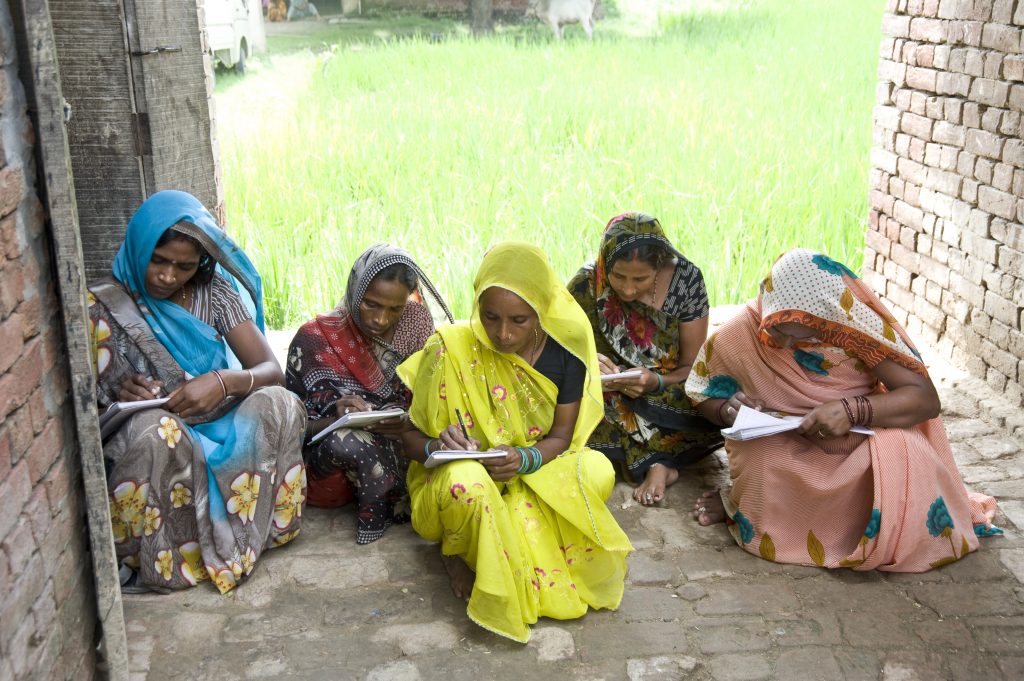As governments implement plans for post-pandemic recovery, the emphasis on getting children back to school risks further marginalizing adult learning and education. Now, more than ever, it is critical that we preserve a comprehensive understanding of the right to education, argues Daniel Baril

As we try, slowly and uncertainly, to emerge from the pandemic, governments are defining the framework for socio-economic recovery. The deconfinement of society, the reopening of businesses, jump-starting economic growth, mass-producing a vaccine and preparing for a possible second wave of infection are all priorities.
Education is on the agenda too, as governments revise and resume school protocols. Restarting formal schooling for children and young people is, without any doubt, urgent. Last month, 275 former world leaders, economists and business leaders stressed the potentially catastrophic consequences of locking children and youth out of learning for any longer, particularly for the most vulnerable among them. Moreover, as economic recovery action plans are implemented, protecting and increasing funding for education will be fundamental in the months and years ahead. Continue reading

